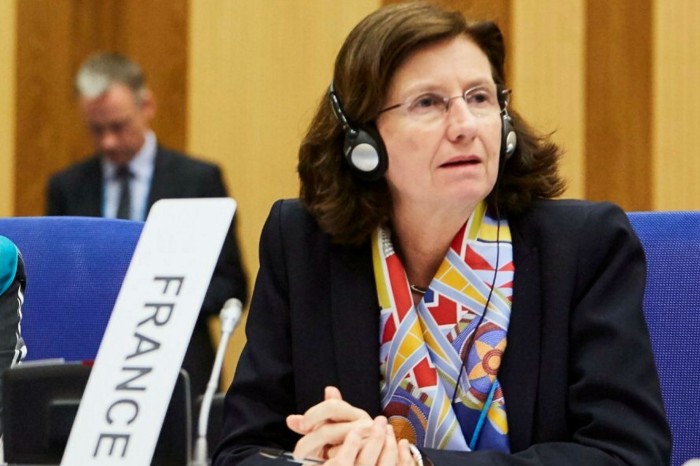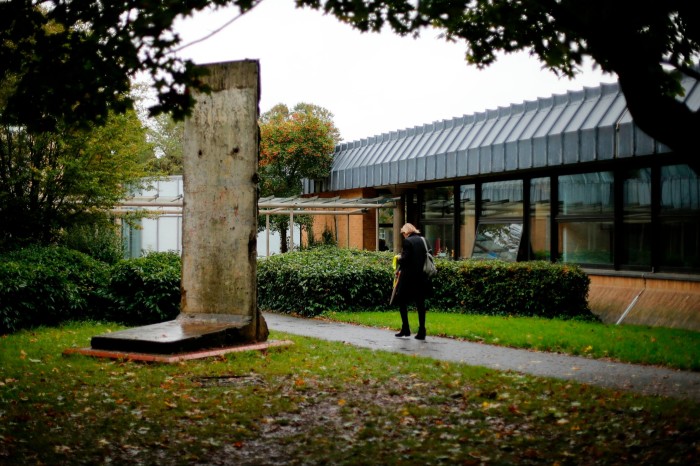
Unlock the Editor’s Digest for free
Roula Khalaf, Editor of the FT, selects her favourite stories in this weekly newsletter.
France and Germany have hit out at Sir Keir Starmer’s plan to levy value added tax on private school fees, saying the policy risks forcing hundreds of children out of international schools and damaging diplomatic relations with the UK.
Hélène Duchêne and Miguel Berger, French and German ambassadors to London, told the Financial Times that fee-paying international schools in the UK, which are part-funded by overseas governments, were not “conventional” independent schools and should not be subject to the levy.
The prime minister plans to remove the VAT exemption on private school fees from January, meaning an additional 20 per cent charge. The government says the policy will raise £1.5bn for investment in state schools, including recruiting 6,500 teachers.
Duchêne said it was for the UK to determine its own policies but warned that applying VAT to international schools was “not in line with the reset to our relationship which the British government has instigated”, referring to Starmer’s push to improve post-Brexit ties with European countries.

Diplomats in London said 25-30 per cent of the 6,300 pupils enrolled in French schools in the UK could be forced to leave as a result of the incoming charge, which other schools are passing on to parents in full.
Parents of 20-25 per cent of 900 students enrolled in The German School in London might no longer be able to afford fees, they said.
Both Duchêne and Berger also said the move risked deterring employees of European businesses from taking postings in the UK, because many wanted their children to follow their state curriculum while they were overseas.
There are 11 French schools in the UK overseen by the French government, including the Lycée Français Charles de Gaulle, in west London, which charges annual fees of up to £16,923.
These schools receive significant public funding from Paris, follow the French national curriculum and prepare pupils for French national exams.
Duchêne said: “We are not asking for an exemption to the rule; we are not the target of this VAT measure. Our schools are different from the target ones, since we follow special courses preparing for French exams.”
VAT “could also be an issue for our companies, as they need these schools for employees coming to work here for a few years”, she said. “These parents don’t have a plan B because other schools don’t follow the French curriculum.”
Commenting on the estimated 25-30 per cent of pupils enrolled in French schools whose parents might struggle to cope with the rise in fees in January, Duchêne said it was an accurate figure.

The German school in Richmond, south-west London, where yearly fees are £10,400, is partly funded by Berlin. Berger said such schools were “totally distinct from British private schools. They serve as a cultural bridge between our two countries and as a possibility for people of the business community and other areas who want their children to continue in our national curriculum.
“We would really like to see the British government recognise the importance of these schools — not only for our political and cultural relations but also for the people this will affect,” he added.
“If we want companies to come here to invest, to send their executives, they must know they can send their children to a German school. For the whole relationship, I think it is a very important element.”
Diplomatic officials said just under 20 European schools in the UK would be subject to the new levy, with most unable to absorb it because their financial position had already been weakened by Brexit.
The Treasury said: “We want to ensure all children have the best chance in life to succeed. Ending tax breaks on private schools will help to raise the revenue needed to fund our education priorities for next year.”